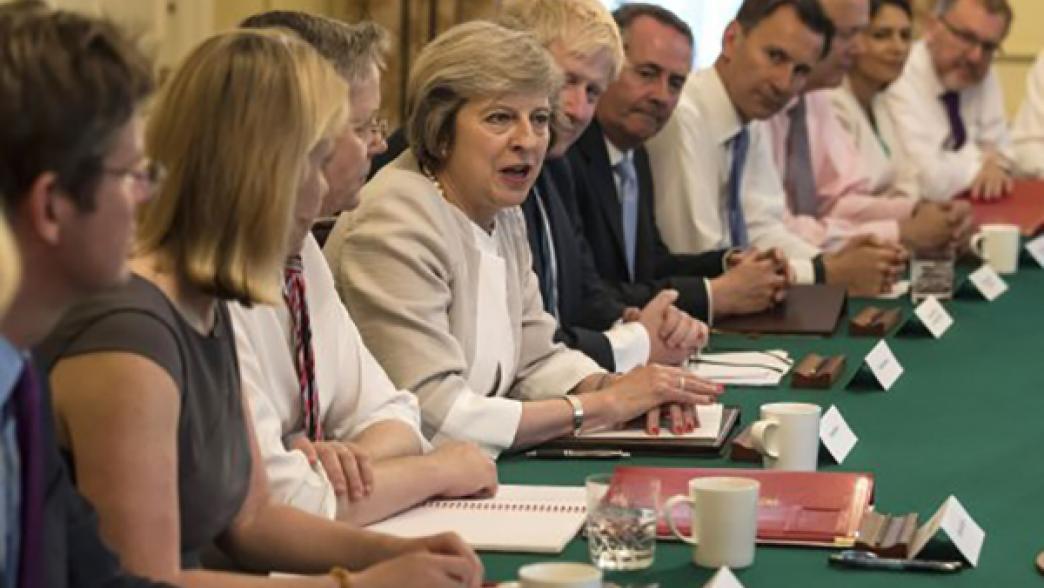Comment
The need for a ‘war Cabinet’ to run Brexit negotiations

Oliver Ilott argues that Theresa May will need to carve out a group of three or four Cabinet colleagues to make the rapid decisions necessary to negotiate a deal with the EU inside the two-year window.